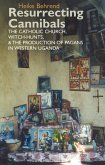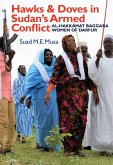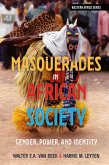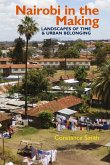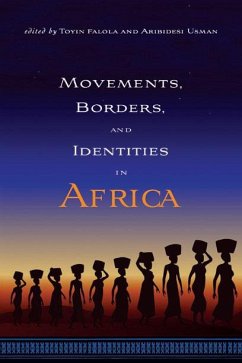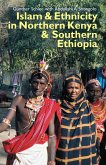A detailed examination of African war veterans that reveals the changes they wrought on postwar transition and society.
Between 1975 and 2002 Angola underwent a very destructive civil war, in which much of the non-elite male population was conscripted into one or other of the contending armies, the country urbanised very rapidly, and colonial-era political and moral economies were radically reshaped. This book presents a detailed examination of the pronounced changes this wrought on Angolan society, and, for the first time, the gendered impact on a generation of Angolan menrecruited by the governing MPLA.
Spall shows that the war's effects went far beyond the political and economic, to affect sexual relations, the social valuation of money, respect for elder male wisdom and what it meant to bea senior man, and the role of Christianity in everyday life. Masculinity was central to how the social transformations of war were intimately experienced by Angolan soldiers and the book investigates the consequences of the men'sexperiences when they returned home and the important role of military service in constructing Angola's post-war social trajectory. A powerful study of the gendered dynamics created by the war, the book will not only be of interest to Angolanists, but to those researching masculinity and military service on the continent, and in the wider sphere.
John Spall is a Teaching Fellow in the Department of African Studies and Anthropology at the University of Birmingham, UK.
Between 1975 and 2002 Angola underwent a very destructive civil war, in which much of the non-elite male population was conscripted into one or other of the contending armies, the country urbanised very rapidly, and colonial-era political and moral economies were radically reshaped. This book presents a detailed examination of the pronounced changes this wrought on Angolan society, and, for the first time, the gendered impact on a generation of Angolan menrecruited by the governing MPLA.
Spall shows that the war's effects went far beyond the political and economic, to affect sexual relations, the social valuation of money, respect for elder male wisdom and what it meant to bea senior man, and the role of Christianity in everyday life. Masculinity was central to how the social transformations of war were intimately experienced by Angolan soldiers and the book investigates the consequences of the men'sexperiences when they returned home and the important role of military service in constructing Angola's post-war social trajectory. A powerful study of the gendered dynamics created by the war, the book will not only be of interest to Angolanists, but to those researching masculinity and military service on the continent, and in the wider sphere.
John Spall is a Teaching Fellow in the Department of African Studies and Anthropology at the University of Birmingham, UK.
Dieser Download kann aus rechtlichen Gründen nur mit Rechnungsadresse in A, D ausgeliefert werden.



